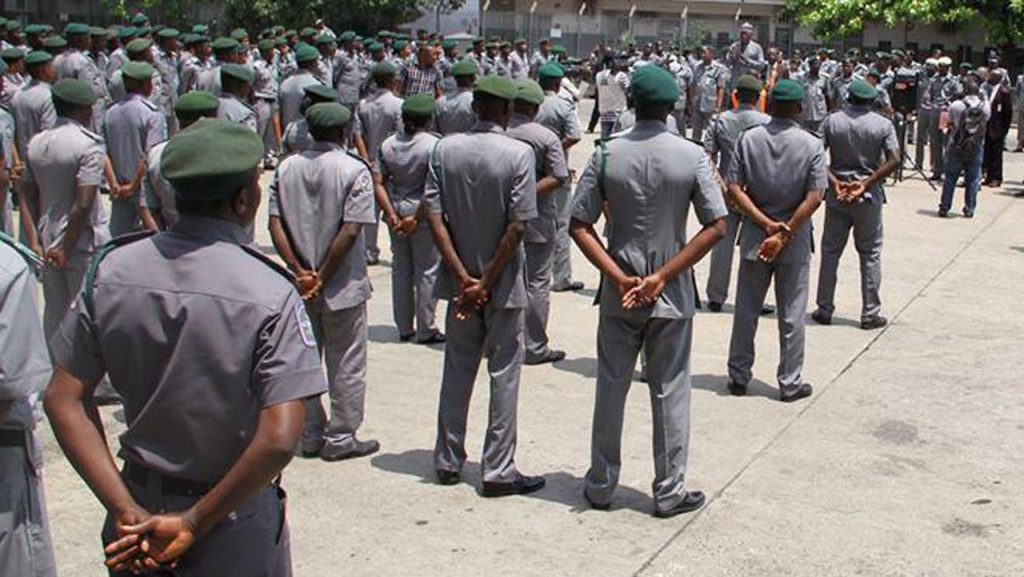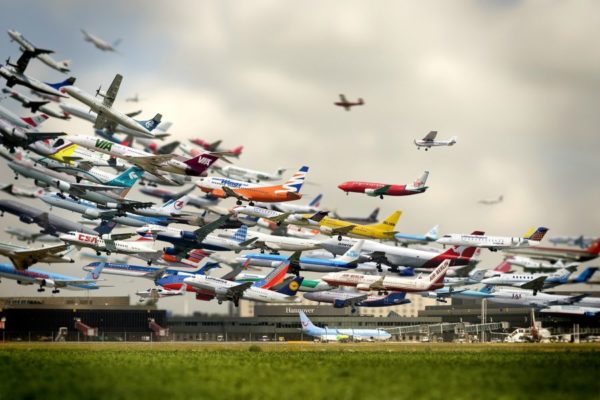Gwagwalada (Abuja), Jan. 23, 2024: The Nigeria Customs Service (NCS) on Monday, began training its personnel on trade policies, designed to enhance its trade operations.
The one-week national workshop, scheduled for Jan. 22 to 26, is jointly sponsored by the Global Alliance for Trade Facilitation, and the European Union-World Customs Organisations (EU-WCO) Rules of Origin (RoO) Africa Programme.
The training aligns with the objective to address challenges faced by developing countries due to complex customs documents and non-transparent border procedures.
Speaking at the opening session on Monday at the Nigeria Customs Command and Staff College Gwagwalada, the Comptroller-General (C-G) of NCS, Adewale Adeniyi, described the training as apt in boosting Nigeria’s participation in the Africa continental free trade area (AfCFTA).
Represented by Baba Musa, the Deputy Comptroller of Customs in charge of Tariffs and Trade, Adeniyi said 25 senior officers drawn from across the country would undergo intensive training to improve trade administration in the service.
“This capacity-building programme is one of our many technical support being provided by the Global Alliance for Trade Facilitation on the implementation of the Rules of Origin, and other custom core areas, to strengthen the capacity of Nigeria Customs Services in participating in Africa continental free trade area,” he said.
Adeniyi said that the move was necessary to provide the participants with the requisite technical skills on advance ruling on the rules of origin, especially as the service has been designated competent on the issuance of certificate of origin.
Rules of origin are the criteria needed to determine the national source of a product, to determine which goods are covered in trade agreements.
He said that the NCS was committed to collaborating with its development partners to achieve improved efficiency in delivering its services and developing its manpower.
He urged the participants to take advantage of the training, facilitated by global experts, to gain knowledge and improve skills required to reposition the service in line with international best practices in trade relations.
“We are hopeful that at the end of this workshop, successful participants who will be enlisted for the advance programme in the second quarter of this year, will be strategically positioned in developing the service’s capacity.
“To effectively treat origin related applications, issue origin rulings and advise appropriately, especially with the emergence of the African Continental Free Trade Area,” he said.
Speaking, Mette Azam, the Lead Origin Expert of World Customs Organisations, said that the proliferation of free trade agreement globally has made knowledge on the rules of origin crucial, for its huge impact on collecting revenue correctly.
“When customs have a good knowledge on the rules of origin, they will collect the correct revenue, while also facilitating trade for the compliant traders.
“And when traders understand and correctly apply rules of origin, they can contribute to sustainable development on a national or regional continental level,” she said.













